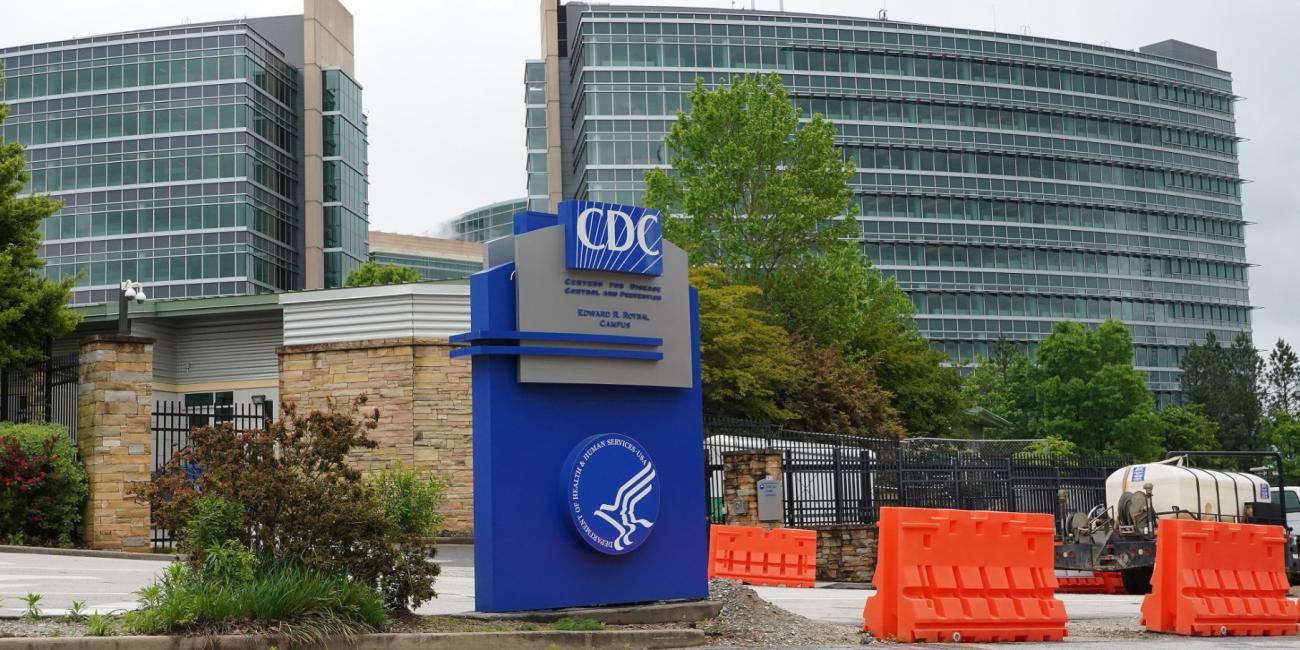
Vaccine critics misrepresent US appeals court ruling over Covid-19 shots
- This article is more than one year old.
- Published on June 11, 2024 at 22:47
- Updated on June 17, 2024 at 16:48
- 4 min read
- By Bill MCCARTHY, AFP USA
"Breaking! COVID mRNA Jabs Are NOT Vaccines, Court Rules," says a June 8, 2024 X post from InfoWars founder Alex Jones.

Similar posts spread across X and other platforms, including Facebook and Instagram. They came after the US Ninth Circuit Court of Appeals revived a lawsuit, which a lower court had dismissed, over Covid-19 vaccination mandates for school staff in Los Angeles, California.
Republican Senator Ron Johnson was among many conservative voices who amplified the claims.

The court's June 7 decision -- with the 2-1 majority comprising two judges appointed by former president Donald Trump -- referenced the effectiveness and status of Covid-19 vaccines, which started rolling out in late 2020 and have since been administered to the majority of the US population (archived here).
But the assertion that the shots are not vaccines is an argument made by the plaintiffs, not the panel's official determination.
"It is not a ruling that the Covid-19 vaccines are not vaccines," said Dorit Reiss, a professor at the of University of California College of the Law, San Francisco whose research focuses on legal and policy issues related to vaccines (archived here), in a June 8 email.
'Taking plaintiffs' allegations as true'
The case in question centers on a Covid-19 vaccination policy the Los Angeles Unified School District (LAUSD) adopted several times throughout the pandemic, which the plaintiffs -- including the Health Freedom Defense Fund -- say violated their right to refuse medical treatment.
"Plaintiffs allege that the vaccine does not effectively prevent spread but only mitigates symptoms for the recipient and therefore is akin to a medical treatment, not a 'traditional' vaccine," the appeals court wrote.
A district court had previously dismissed the lawsuit, in part because the mandate for school staff was no longer in place. The lower court also relied on a 1905 US Supreme Court case that held states could require vaccination when necessary.
"The lower court ruled that even if the plaintiffs could support their argument that the vaccines don’t reduce transmission, it wouldn’t be enough for their lawsuit to succeed because the government has a legitimate interest in preventing severe disease and death among individuals who are vaccinated," said Lindsay Wiley, faculty director of the health law and policy program at the University of California, Los Angeles (archived here), in a June 8 email.
"The appellate court panel overturned that ruling and decided that if the plaintiffs can prove the vaccines don’t reduce transmission, that might be enough for their lawsuit to succeed -- so issuing a judgment against them before trial, based on the pleadings alone, was inappropriate."
But the Ninth Circuit court did not evaluate the plaintiffs' scientific claims, legal experts said.
Instead, it is customary for appellate courts to assume plaintiffs' allegations are accurate when assessing a motion to dismiss because fact-finding has not yet occurred, Reiss told AFP.
In this circumstance, Reiss said the court overturned the lower court's dismissal of the case and "sent it back down to find if the plaintiffs are right."
"The court said that since it must assume the plaintiffs' claims are true, and since they are claiming Covid-19 vaccines just mitigate symptoms and do not prevent transmission, the case can go on to fact-finding," she said. "It did not directly rule on whether the vaccines prevent transmission or just 'mitigate symptoms.'"
The appellate court's majority specified they were merely "taking plaintiffs' allegations as true at this stage of litigation."
"At this stage, we must accept plaintiffs' allegations that the vaccine does not prevent the spread of Covid-19 as true," the ruling says. "We note the preliminary nature of our holding. We do not prejudge whether, on a more developed factual record, plaintiffs’ allegations will prove true."

Nicole Huberfeld, a professor of health law at Boston University (archived here), said this is standard procedure -- even though the plaintiffs' claims about Covid-19 vaccines are rife with "logical and scientific fallacies."
"Judge Nelson's opinion allows the litigation to proceed but does not rule in favor of the plaintiffs' strange claims," she said in a June 8 email. "This is because judges generally must accept the pleadings as 'true,' even if they are rooted in conspiracy theories."
'Misguided'
The US Centers for Disease Control and Prevention defines a vaccine as "a preparation that is used to stimulate the body’s immune response against diseases" (archived here).
The agency says the Covid-19 vaccines "are safe and effective at protecting people from getting seriously ill, being hospitalized and dying" (archived here). It reported in February 2024 that people who received the latest Covid-19 shot were 54 percent less likely to contract the disease over a four-month period (archived here).
The LAUSD can still appeal the latest ruling to a larger panel of judges on the Ninth Circuit, according to CalMatters, a local news outlet.
Huberfeld told AFP she believes the plaintiffs are "twisting" the Supreme Court's century-old precedent concerning state governments' vaccine-related interventions.
Reiss added that she considers the appellate court's interpretation of the 1905 case to be "a bad decision," while Wiley called it "misguided."
"The courts generally find that the government has a legitimate interest in protecting the populace in these ways," Wiley said.
AFP has debunked other Covid-19 misinformation here.
In paragraph seven, the name of the university was updated to indicate Reiss works for the law school campus.June 17, 2024 In paragraph seven, the name of the university was updated to indicate Reiss works for the law school campus.
Copyright © AFP 2017-2026. Any commercial use of this content requires a subscription. Click here to find out more.
Is there content that you would like AFP to fact-check? Get in touch.
Contact us




